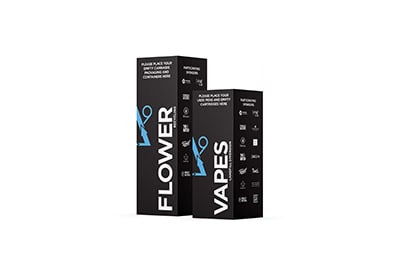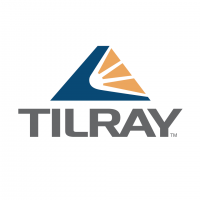This year, the oldest members of Gen Z turned 23. That means the legal cannabis industry is about to be bombarded with new customers—members of a distinct generation with new tastes and emerging cultural touchstones.
The HQ Cannabis Brand Affinity report was issued in December 2020 by Headquarters, a strategic advisory studio focused on driving growth for businesses and brands entering the California cannabis market, in conjunction with The Statement Group. The report lays out the lifestyle trends and spending power found among Gen Z (and millennial) customers.
Gen Z is defined as anyone born between 1997 and 2012-2015 (depending who you ask). As of January 2020, according to the report, Gen Z spending power clocked in at $143 billion.
So, what does the younger set gravitate toward? The big topics include: hip-hop and R&B, fashion, social influencers and gaming.
READ MORE: Gen Z and Millennials: A New Age of Cannabis Consumers
“Gen Z and millennial lifestyle cannabis consumers—an often tough-to-reach consumer group—make up a significant share of the cannabis market today,” said Headquarters CEO Daniel Abrahami. “As we head into the holiday season and New Year, these consumers are only expected to take a greater share of the market. … Our hope is that cannabis brands leverage this proprietary data to gain the competitive advantage they’re looking for in this highly competitive space.”
Read the full report here or scroll down for an embedded version.
With the rise of online ordering and cannabis delivery, it becomes incumbent upon dispensary owners to navigate their marketing messages toward the consumer. Often in 2020 and going forward, this can mean getting out of the traditional retail environment and providing a more immersive message.
“From a psychographic standpoint, it’s always great to know which cannabis icons like Wiz Khalifa, Seth Rogen or Snoop Dogg resonate with Gen Z and millennial consumers, but those huge names are often not actionable for most budgets,” said The Statement Group Founder Cory Jones. “We dig deeper into the data to uncover everyone that your consumers love—from brands, artists and influencers, who range from 1,000 to 100 million followers. When you know exactly who your audience is interested in, you have a detailed roadmap to develop revenue-driving partnerships, paid media campaigns and social media and native content strategies. It takes the guesswork out of marketing and cuts wasted spends. When you align your brand with your audience’s interests, your engagement skyrockets and you build a deeper emotional connection and loyalty with your consumers that lasts years.”
Alignment is key. It’s not like dispensary owners need to partner with Wiz Khalifa to hone their messaging. Rather, these lifestyle trends might allow for more inventive strategies. Advertising + gaming. Music + customer loyalty programs.
As Gen Z grows up, these interests will only grow more important as a broad suite of intersections with the ever-expanding cannabis industry.
“They’re living their life the way they want to live it,” Jennifer McLaughlin, vice president of merchandising for cannabis operator Calyx Peak Companies, told us earlier in the year. “It’s all about the social interaction for them now—socially interacting with cannabis. Market to the fact they have these rich lifestyles. Market to what they’re doing in their lives.”
HQ Brand Affinity Report: Millennials GenZ Cannabis Consumers by sandydocs on Scribd



